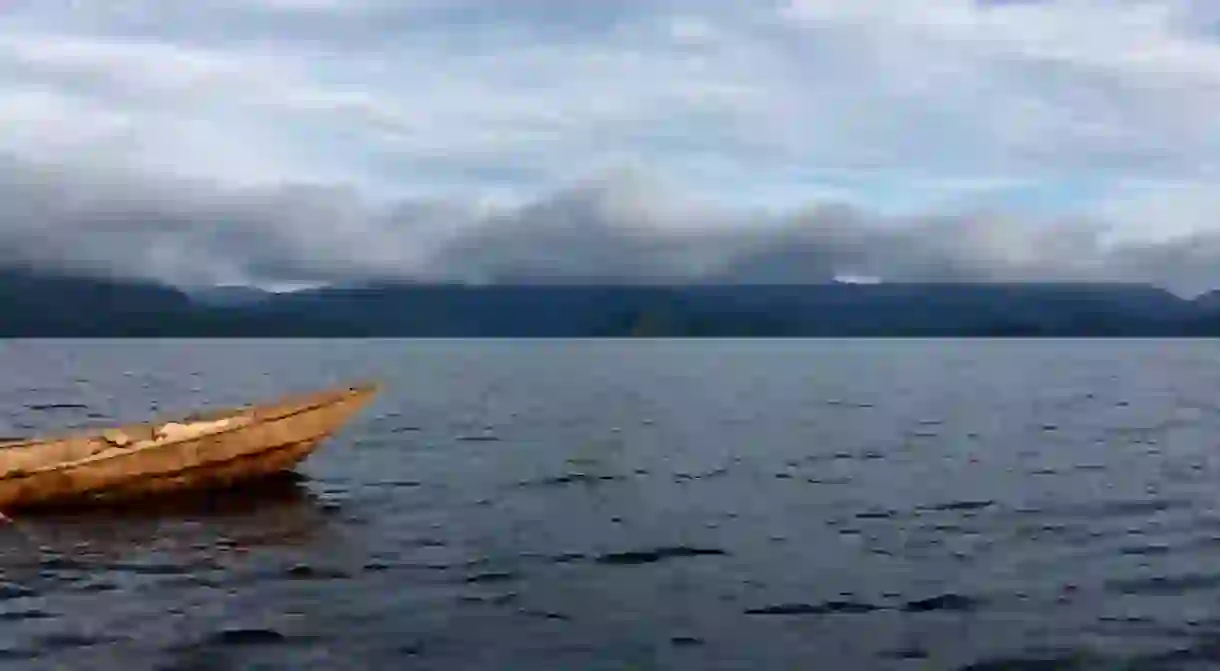A Look at Rwanda's Shift Towards Eco Tourism

Rwanda, known as the land of a thousand hills, is one of the greenest—both literally and figuratively—countries on the planet. With plastic bag bans, intensive animal conservation, and the rise of sustainable lodging, this small country is changing the face of eco-tourism in a big way.
The streets of Kigali, Rwanda’s capital, are pristine. Nary a food wrapper or discarded plastic bottle litter the road, rendering this place East Africa’s cleanest city by a long shot. Known for their sustainable policies, the Rwandan government makes every effort to keep the country spotless, going as far as banning plastic bags. Likewise, animal conservation efforts in Rwanda—including the resurgence of the endangered mountain gorilla population and the reintroduction of lions and rhinos to Akagera National Park—is beyond impressive.

Now, with Rwandan tourism booming, the country is doing an excellent job of promulgating eco tourism. New luxury lodges, such as the unparalleled Bisate Lodge, don’t just talk the eco tourism talk—they walk the walk. Reforestation efforts led by the lodge are underway, and have resulted in 15,000 indigenous trees already planted in the surrounding area. Several other luxury lodges are being built in Rwanda in the coming years, and all have also pledged to be environmentally friendly.
For the more budgeted traveler, newer sites like the Kitabi EcoCenter in Nyungwe National Park and Cyuza’s Island on Lake Burera encourage guests to live as sustainably as possible, promoting solar energy, local food options, and composting toilets. It’s initiatives like these—in addition to the more luxurious offerings—that are really changing the game for ecotourism.

Eric Ragumba,* one of Rwanda’s well-known tour guides, has noted these eco-shifts occurring quickly over the past five years, commenting that “So many of our best tourist offerings have to do with our landscape or animals—protecting them is also in our best interest…both the government and private companies are investing a lot in eco tourism in Rwanda right now.”
In terms of animal conservation itself, Rwanda’s rules and regulations regarding the mountain gorilla population in Volcanoes National Park have been ethically crafted to ensure sustainability. Tourists are not allowed to stand less than ten meters away from the gorillas, nor are they able to trek if they have a cold, the flu, or diseases that could be passed onto the gorilla population.

“Though some eco tourism is expensive, the relatively new increases in gorilla trekking permits from $750 to $1,500 promise even more funds to both gorilla and community conservation and the expensive lodges pledge money too,” said Ragumba. With general tourism on the rise, Rwanda’s eco-centric shift is undoubtedly doing important things for this unique nation.
*Name has been changed.













